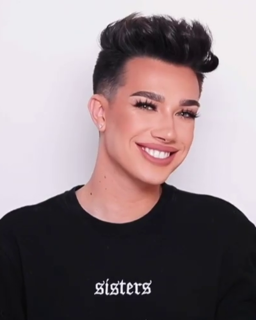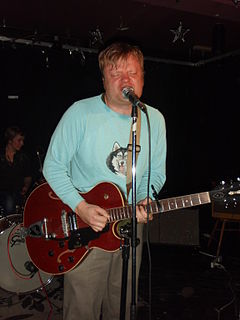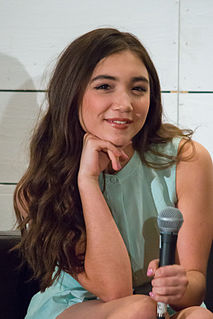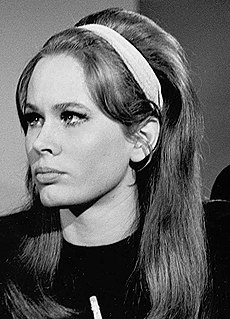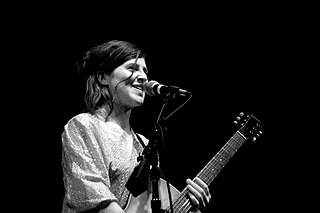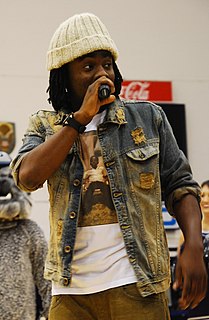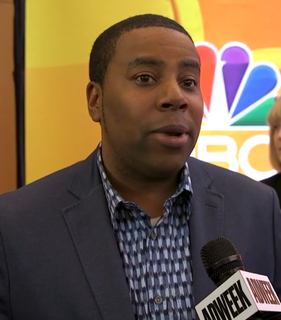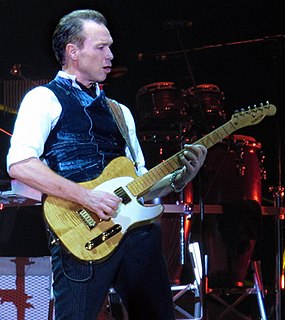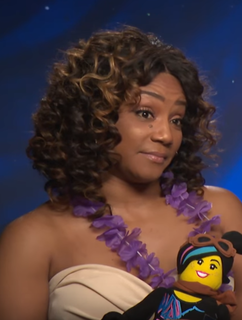A Quote by Orhan Pamuk
Novels are political because in them, we try to identify with people who are not like us. And, in that sense, I like the first-person singular because I have to imitate accurately the voice of someone who is not like me. The third-person singular gives me an authority over a character.
Related Quotes
When I make a song, I actually literally talk to one person on purpose... I don't focus on, are people in Chicago gonna like this? Are people in Atlanta gonna like this? I think of one person who's a Too Short authority, who thinks I can't do any wrong, because I've customized all these songs for this one person.
The Catcher in the Rye had such a deep impact on me, because it felt like it was just Holden and me. I didn't feel like any other person had read that book. It felt like my secret. Writing that I identify with feels like it's just me and the writer. So I hope that whoever is reading what I do feels like that.
I like to watch people. For example, people at the airport... What is interesting about them is that they dont know what they are like. People at airports are the most brilliant actors in the world, because their attention is elsewhere, and they are idiosyncratic. I like to imitate people. I walk behind them and imitate their backs.
The center for me is my heart, actually, and my emotional connection with the work. That's where authenticity comes from. It's also the first thing that hits me about other people's work, or watching other people perform, "Do I believe the person?" Even if I don't like what someone is doing or if I don't like the sound, if I believe them, I do like them. I am able to appreciate them as an artist.
Novels are political not because writers carry party cards -- some do, I do not -- but because good fiction is about identifying with and understanding people who are not necessarily like us. By nature all good novels are political because identifying with the other is political. At the heart of the 'art of the novel' lies the human capacity to see the world through others' eyes. Compassion is the greatest strength of the novelist.
I got good at trying to throw a voice on a character from the very beginning as opposed to like reading it and sitting with it and mulling over it and stuff like that just try to read what it is and then try to put a funny voice to it like as soon as possible and stuff like that. Once you get laughs with your voice then you can start thinking about, you know the physical characteristics and how they might walk or if they stick out their buck teeth or if they wear an afro and stuff like that. I think like finding the voice of the character helps to like build the wardrobe and everything else.
I always feel like when I work with people, I work with everybody - from the person that's working the camera to the person that's running the water to the person that's putting the clothes on me, the person that's combing my hair, my makeup, the person that's like, 'You gotta sign these papers.' I try to hang out with everybody.



